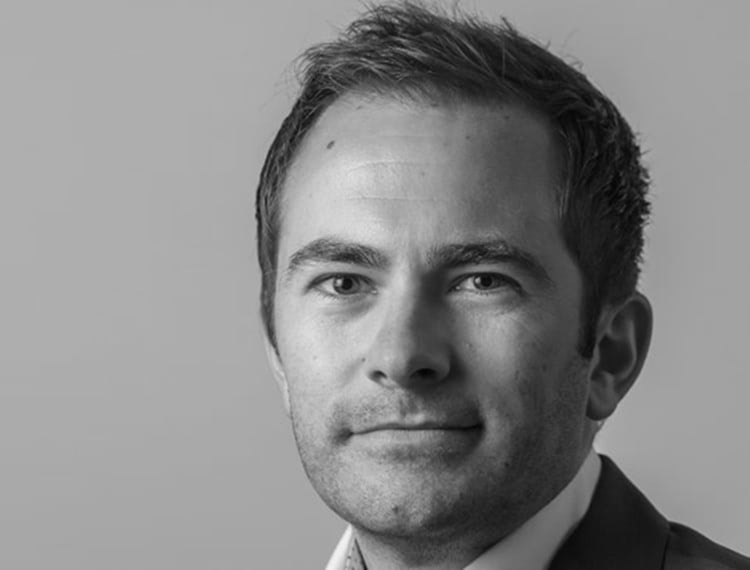Endorsement or bribery? Undergraduates three times more likely to receive an offer after ‘string pulling’

From getting a good table at your favourite restaurant to hearing about a brilliant job before it’s advertised, we all know it’s not what you know but who you know. Now a study has shown that undergraduates who receive a personal endorsement are three times more likely to receive an offer, despite being no better than any other applicant.
‘That’s not fair’, you may say, and you might be right. But life isn’t fair and education is a competitive business. When it comes to getting into a school or university of your choice, there are just too many people chasing too few places, and if that recommendation can give you an edge, it’s understandable that people want it. But there’s a big difference between employing a professional to make you stand out from the crowd and indulging in behind-the-scenes bartering.
The US research, reported in the Times Higher Education found that applicants who had been endorsed via a call, email or personal recommendation were 82% more likely to be called for interview compared to 34% of non-endorsed students. And even though they were ‘often considered worse candidates during the interview process’ they went on to give more generous donations once they’d graduated.
Is that endorsement or bribery? Parents promising a big cash injection in return for a place sounds a bit dodgy to me. I’m certainly not a fan of a well-connected dad ringing up the school or uni and pleading with an old school friend – now the headteacher – to let their bright but bone-idle child who has tanked their exams get a place over a worthier student.
Free schools’ enthusiast Toby Young is constantly reminded that, having achieved unremarkable A Level results, he only got into Oxford University because his father, the Labour peer, Lord Young of Dartington, called up and put a word in. I’m sure that still happens but I don’t certainly don’t encourage this kind of string-pulling.
There are, however, professionals on hand to help. Just like career coaches discuss which employment path is the right one for you, help with writing your CV and give you mock interviews to ensure you’re prepared, education consultancies work in the same way.
We work with schools and unis – we know how each one ticks and what they’re looking for. We talk to pupils, students and families to see which place suits them best; we help them with their application forms and personal statements to ensure theirs stands out and we prepare them for entrance exams, many of which are unique to the seat of learning and can unnerve a youngster who has never faced these sorts of questions before.
Yes, this is a paid-for service but with independent schooling and higher education now costing a fortune, investing a small amount to help you get the very best out of education makes financial sense. Would you spend hundreds of thousands on a house before investing a few hundred in a survey to ensure it’s structurally sound? No. Think of education in the same way. If the foundations are solid, you’ve gone a long way to help secure your future. Just keep your dad out of it.
Stephen Spriggs, Managing Director, William Clarence Education
About William Clarence Education: The leading education advisory and consultancy service in the UK. With an unrivalled reach into the UK Schooling and University network, William Clarence offers unbiased advice to students and parents from around the world; at every stage of their academic journey. From Independent School Application and Placement, full UCAS and University application consultancy, Oxbridge Applications US College Admission and even Homeschooling programmes, William Clarence Education draws on a deep relationship driven network with schools, Universities and senior education figures within the industry. By putting the student and family at the centre of the process, William Clarence ensures their clients reach their maximum potential and gain access to the very best of UK education.











Responses